CBTM
Research Themes
Phylogenetics and the generation of biodiversity
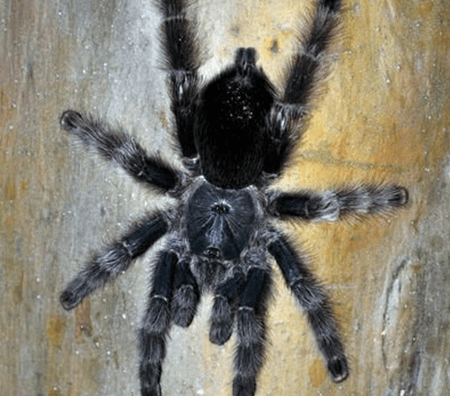
Knowledge of the phylogenetic history of living organisms is a prerequisite to a full understanding of biodiversity. Phylogenetic reconstruction and dating turn out to be extremely difficult. Although the availability of genomic data partly alleviates the problem, improvement in models remains necessary.
We are interested in understanding molecular evolution to develop more accurate models, applying these new methods to the resolution of the Tree of Life, and studying the relationship between phylogeny and ecological niches.
We focus on the origin and evolution of eukaryotes (in particular animals and photosynthetic organisms) and analyse genomic and paleontological data in the light of the inferred phylogenies and their diversification pattern..
People involved in this research theme: Arnaud di Franco, Hervé Philippe.
Eco-evolutionary dynamics, from genes to ecosystems
Ecology does not make sense except in the light of evolution; reciprocally, evolution does not make sense except in the light of ecology. The intimate feedbacks that link ecological and evolutionary dynamics operate not only over long timescales to constrain current patterns of biodiversity and ecosystem functioning, but also over shorter timescales to constrain the responses of species and ecosystems to current global environmental changes. We integrate ecology and evolution to understand the role of eco-evolutionary dynamics in the emergence of structure and organisation in complex ecosystems or ecological networks, and its role in the responses of populations and communities to environmental changes. We do this by developing new theory, phylogenetic methods, and experimental manipulations in mesocosms, applying them to patterns across different scales of biological organisation, from genomes to hyper-diverse microbiomes.
People involved in this research theme: Soraya Alvarez-Codesal, Cara Faillace, Elvire Bestion, Alexandre Garreau, Claire de Mazancourt, Michel Loreau, Jose Montoya, Bart Haegeman, Hervé Philippe.
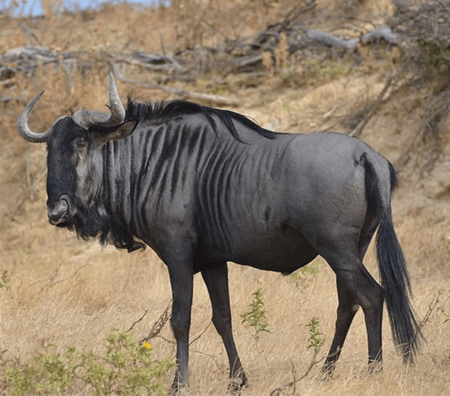
Structure, dynamics and biogeography of ecological networks

Ecosystems are not random additions of species. Ever since Darwin coined his metaphor of the "entangled bank”, ecologists have tried to decipher how and why species coexist in complex networks of biotic interactions. Ecological networks depict the specific arrangement of biotic interactions between species within ecosystems. They help to understand how biodiversity is organised, generated and maintained. In addition, the structure of ecological networks determines the dynamics of populations and ecosystems, and mediates a number of ecosystem processes and services. We study the relationship between the structure, dynamics and functioning of species networks belonging to different habitat types. We mostly focus on food webs, but we also study symbiotic interactions and multiple interaction types. Lately, we have become interested in changes in network structure and dynamics at biogeographical extents and in the determinants of the geographical variability of network structure. In doing so, we combine theoretical models and large dataset analyses.
People involved in this research theme: Soonmi Lee, Nuria Galiana, Daniel Montoya, Jose Montoya
Global change effects on biodiversity
Anthropogenic impacts on biodiversity are many. Climate change and habitat loss and fragmentation are among the greatest threats to biodiversity and ecosystems globally. For example, under current policies, global warming is predicted to threaten one in six species with extinction during this century. We study the individual and combined impacts of these major threats to biodiversity at different levels of biological organization. We are interested on the impacts of global change on population- and community-level dynamics and stability, and on ecosystem structure and functioning. In doing so, we combine modelling, analyses of large datasets, and whole-ecosystem experimental manipulations.
People involved in this research theme: Soraya Alvarez, Cara Faillace, Elvire Bestion, Alexandre Garreau, Vinicius Bastazini, Michel Loreau, Jose Montoya.
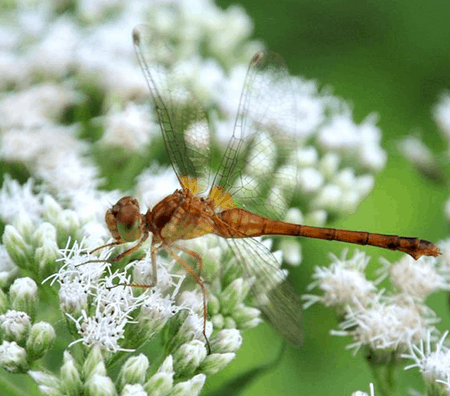
Biodiversity, ecosystem functioning and ecosystem services
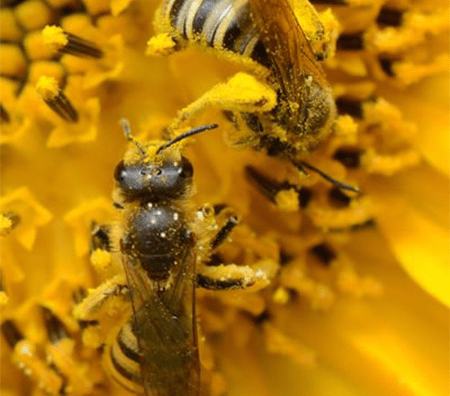
Ecosystems generate services on which humans depend directly or indirectly, such as biomass production, water purification, erosion control, pollination, and pest and disease control. One of the main challenges of biodiversity science is to understand and predict how biodiversity changes will affect the delivery of these ecosystem services. We use both manipulative experiments and dynamical models of communities and ecosystems to understand the mechanisms through which biodiversity modulates ecosystem functioning and predict its impacts on ecosystem services. We also study synergies and trade-offs between multiple ecosystem services, in particular crop production, soil fertility, crop pollination and biological control in agricultural landscapes.
People involved in this research theme: Soraya Alvarez-Codesal, Elvire Bestion, Daniel Montoya, Claire de Mazancourt, Grégoire Freschet, Michel Loreau.
Biodiversity and stability of ecological systems
One critical aspect of ecosystem functioning is its stability. Ecological stability is key to both the maintenance of biodiversity and the sustainability of human societies as fluctuations of ecosystem services often have detrimental effects. We currently focus on the development of new approaches to quantifying and understanding ecosystem stability in time and space. We also test experimentally the effects of diverse plant and symbiont communities on the stability of ecosystems functions. Stability has been defined in many different ways that have been kept separate so far. We establish connections between different stability measures, notably empirical and theoretical measures, and build a new body of theory that is relevant to empirical studies. In particular, we explore new measures of invariability, stability - area relationships, and stability across scales in metacommunities.
People involved in this research theme: Kevin Liautaud, Robin Delsol, Matthieu Barbier, Daniel Montoya, Nuria Galiana, Pierre Quevreux, Yuval Zelnik, Claire de Mazancourt, Grégoire Freschet, Bart Haegeman, Michel Loreau, Jose Montoya.
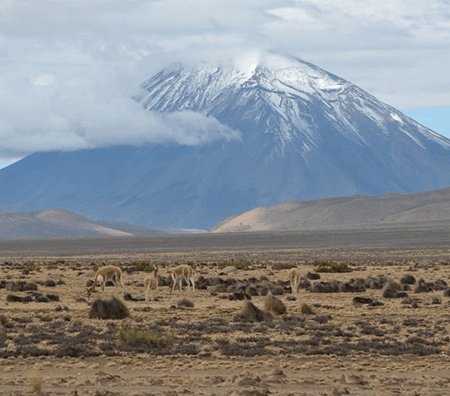
Habitat fragmentation and spatial dynamics of biodiversity
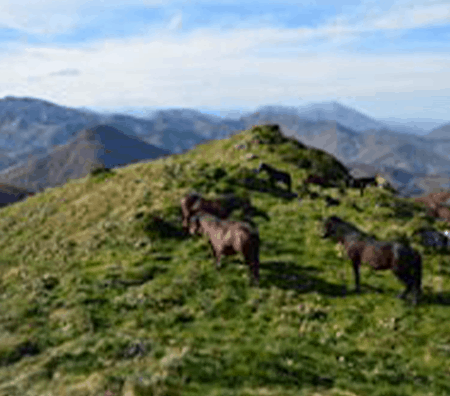
Virtually all ecological systems are embedded in spatial networks connected by myriad abiotic and biotic flows. As a result, processes that operate at one spatial scale can strongly influence patterns at other scales, leading to highly complex meta-systems (metacommunities, meta-ecosystems). Habitat destruction and fragmentation are a major driver of current biodiversity loss, especially in terrestrial ecosystems, and have important indirect effects on intact habitat fragments by altering spatial dynamics. We build mechanistic models to elucidate the fundamental mechanisms that govern biodiversity and ecosystem functioning at multiple spatial scales and predict the consequences of habitat destruction and fragmentation. In particular, we develop new theory to predict ecosystem stability across scales in metacommunities (in connection with the previous research theme) and integrate trophic complexity into meta-ecosystems.
People involved in this research theme: Pierre Quevreux, Matthieu Barbier, Yuval Zelnik, Daniel Montoya, Bart Haegeman, Michel Loreau, Jose Montoya.
Human-nature interactions
Human societies have major impacts on biodiversity and ecosystems, from local to global scales. In turn, they depend on biodiversity and ecosystems through a wide range of ecosystem services at multiple scales. This generates an important if poorly understood feedback loop between humans and nature. We build novel models that include this human nature feedback together with changes in human behaviour and spatial ecological dynamics to investigate the stability of coupled social-ecological systems and their ability to keep providing ecosystem services to a growing human population. Our integrative dynamical approach aims to provide new insights into the long-term sustainability of human societies and of their interactions with the rest of nature.
The CBTM is also in charge of biodiversity-related activities in the AnaEE France infrastructure project.
People involved in this research theme: Kirsten Henderson, Diego Bengochea, Claire de Mazancourt, Michel Loreau


